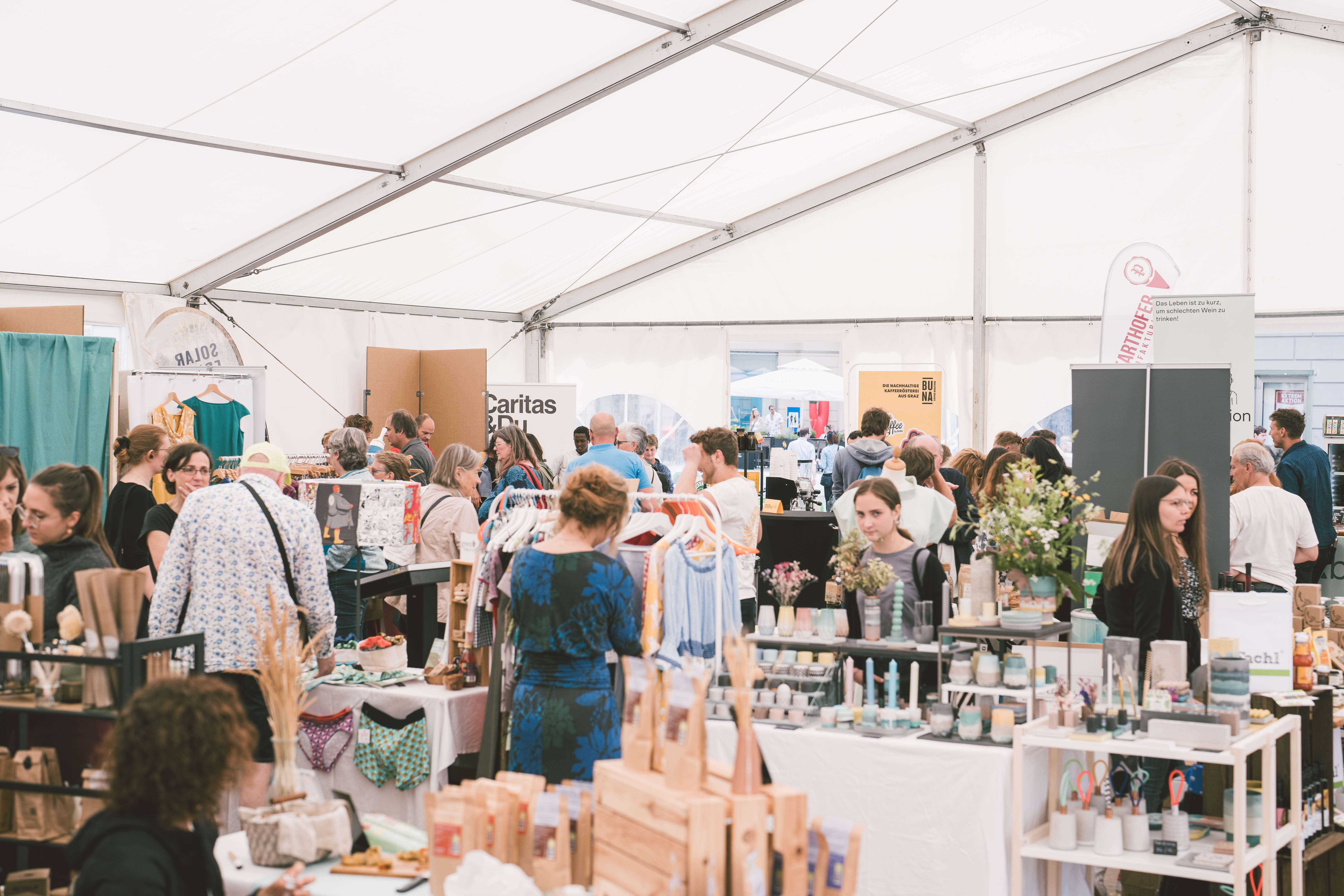Green Events – Why Go Green?
The events industry is facing many major challenges. The solution to most issues is going green and follow the green events standards.
There are different labels for sustainable clothing, zero waste initiatives for your home, ways to reduce emissions of kilometres travelled and many guidelines for saving energy. All those actions are well known for the personal use and sometimes also in an economic / professional context. However, if it comes to congresses, sport events, music festivals or even company parties, sustainability is often not considered.
Events have a considerable carbon footprint, especially when mobility of participants, one-way marketing material and unsustainable catering is the case. A 2021 article in Nature Communications mentions that almost 10% of global GHG emissions are connected to events. In addition to this fact, the event industry is a billion-dollar business and is expected to grow on a rapid rate of about 11% in this decade. Keeping this in mind, a sustainable approach to events is desperately needed. Fortunately, many big sporting events have made commitments in this direction, such as the Paris 2024 Olympic Games should become “the greenest Games ever”. In order to live up to this high goals, national and international standards are necessary.
The Grazer Eco Festival 2023 was a Green Event Styria (copyright Luke Goodlife)
Certifying Sustainable Events: The Austrian Ecolabel for Green Events and Meetings
The national Austrian Ecolable for “Green Events and Green Meetings” is the first national sustainability label which allows to certify a whole event. The label was created in 2010 and involves organisers as well as participants and locations. To get the certification event planners must follow a criteria catalogue and comply with the requirements such as:
- Environmental-friendly mobility to the event / venue;
- Environmental-friendly accommodation;
- Catering including organic food with a low carbon footprint, preferrable vegetarian;
- Environmental- friendly procurement;
- Material- and waste management;
- Inclusion of handicap people;
- Sustainable management principles;
- Social aspects;
- and more
If event organisers reach all the mandatory and a certain number of additional criteria, the ecolabel is awarded for a period of 4 years and subject to random-sample check-ups.
Fostering Sustainability: The Benefits of Green Events Over Conventional Gatherings
Green events have several advantages to conventional events. They are cheaper by saving resources (e.g. water, energy), less costs for waste disposal and an image gain. The environmental-friendly event contributes to awareness raising and regional added value. Most important, green events show clearly that a sustainable lifestyle does not collide with enjoyment and contribute to reach the sustainable development goals.

Dr. Thomas Winkler
Founder
Apflbutzn FaireModeGraz
Reference
- Allied Market Research (n.d.). Events Industry Market by Type. Online: https://www.alliedmarketresearch.com/events-industry-market
- Federal Ministry for Climate Action, Environment, Energy, Mobility, Innovation and Technology (ed.) (n.d.). The Austrian Ecolabel for Green Meetings and Green Events. Online: https://www.umweltzeichen.at/en/green-meetings-and-events/home
- Green Events Austria Network (ed.) (n.d.). Nachhaltig zum Green Event.
- ShiftCarbon (ed. (n.d.) How to erase your event’s carbon footprint: Step by step guide to carbon neutral events. Online: https://www.shiftcarbon.io/tracesafe-resources/how-to-erase-your-events-carbon-footprint-step-by-step-guide-to-carbon-neutral-events
- Toa et al. (2021). Trend towards virtual and hybrid conferences may be an effective climate change mitigation strategy. Online: https://www.nature.com/articles/s41467-021-27251-2



